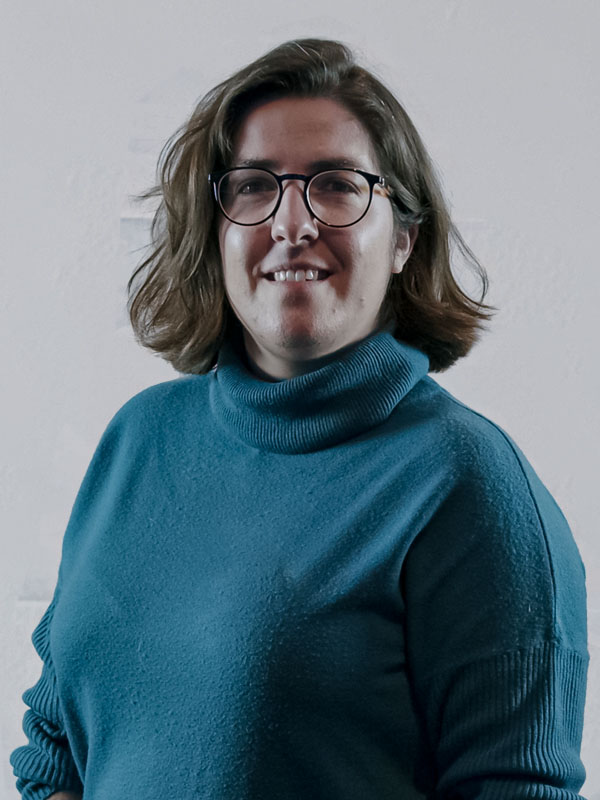Enable patients to have choice and control of their care
My Topol fellowship problem / project:
Missing healthcare appointments presents a huge cost to the NHS with previous figures suggesting losses of up to £216 million per year in primary care alone. In mental health services, missed appointments also impact on the regularity of treatment, associated with poorer outcomes and increased waiting times. Reasons for missing appointments have been attributed to a lack of flexibility and choice around scheduling appointments or a struggle by service users to prioritise mental health appointments over competing demands. In addition to the economic burden on the wider system, non-attendance of appointments creates a significant administrative burden within services, impacting on overall patient care.
I believe digital solutions to such problems are often hiding in plain sight, but require time and effort to implement successfully. As part of my Topol fellowship, my aim is to engage our services in a digital transformation programme by identifying existing digital solutions that can offer an improved way to engage service users in the management of their care.
This carries the potential to improve overall care, as well as patient flow, reduce waiting times and free up administrative and clinical capacity within our service – a model, if successful, that can be expanded to other psychological services in the trust.
About me
As a Clinical Psychologist, I have spent the last three years working in the Traumatic Stress Clinic, a specialist mental health service for individuals with a diagnosis of PTSD. Our service had to respond rapidly to the unfolding Covid-19 crisis to ensure continued access to therapy for our most vulnerable service users. I led a number of projects to facilitate remote therapy, including developing digital resources and outcome measurement tools and establishing a tablet loan scheme for our service that was eventually expanded to cover the entire Trust. I am also part of a Trust-wide digital working group involved in implementing our telemedicine offer and considering the clinical needs when choosing virtual consultation platforms.
Prior to my clinical training at UCL, I completed a PhD in Cognitive Neuroscience at the MRC Cognition and Brain Sciences Unit, examining the neural basis of social processing in depression, and a MSc in War and Psychiatry at the Institute of Psychiatry, examining psychological distress in Syrian refugees.
Outside of my work, I enjoy spending time with my two cats and my wife and singing and travelling, where Covid permits.

